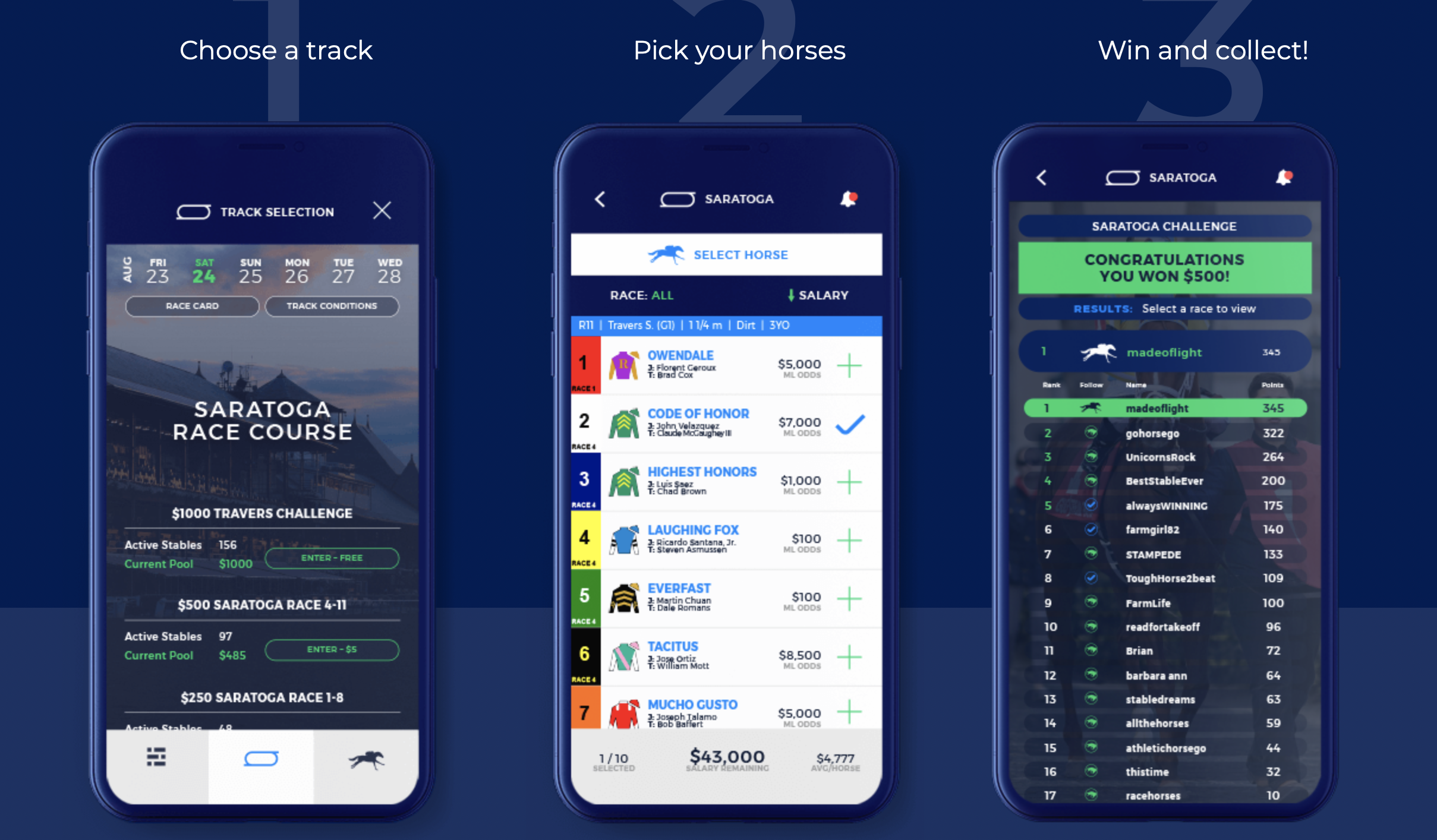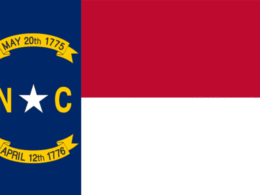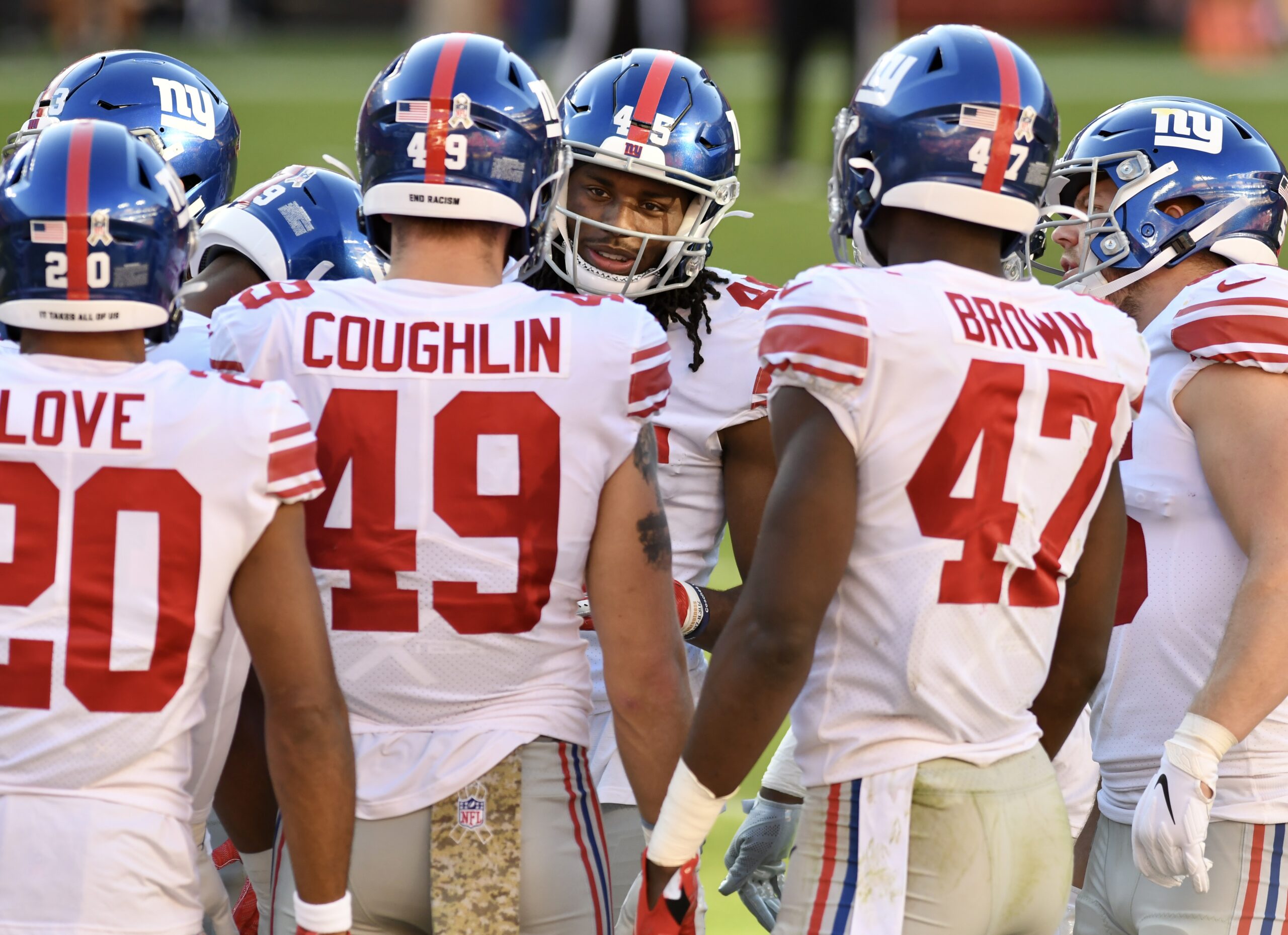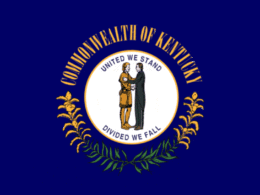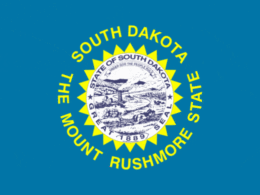So we’ve all heard of (and played our fair share) of fantasy football, but fantasy horse race betting … WTF is that? Well, it may just be your newest addiction. With an accessible, interactive platform, fantasy horse betting app Stable Duel is quickly defying the notion that watching or betting on horse racing is an “old person’s” hobby.

Catering toward fast action in small consumable amounts, Stable Duel is attracting an increasingly younger and engaged fan base who range from the super obsessed, highly-horse-educated bettor to your degenerate buddy from college who has never been to a live race. And if you ask John Murphy, one of the managing directors and founders of Stable Duel, he’ll be the first to tell you: Both of those guys are not only welcomed, but are at the very heart of fantasy horse race betting.
So, how does fantasy horse race betting work? How much money do you need to shell out? How much do you need to know about the horses? Their pedigree? The track? OnlyPlayers sat down with Murphy to ask these very questions and get his take on the future of fantasy horse race betting.
Only Players: What is Stable Duel?
Murphy: We are really the only version of what you’d call daily fantasy sports but for horse racing. And ironically we think that horse racing is actually the best underlying action for this format of game. Daily fantasy sports are massively popular, DraftKings has built a $25 billion business based on it, but if you look at what’s ideal for daily fantasy sports we believe it’s short bursts of high-intensity action with rapid points accumulation and constant engagement.
The reality is that younger generations that don’t have a big attention span, love tuning in every 30 minutes for a two-minute race, it’s way more interesting and engaging than a three-hour football game that they have no emotional connection to or a Tuesday night NBA game between the Warriors and Trail Blazers.
OP: How does it work?
Murphy: So you download the app and create a “stable name” which is like your brand, it defines who you are. Once you create your stable, you go to any one of the tracks and select a game. We have free games and games as cheap as $1. There is racing just about every day — Monday and Tuesday tend to be the lightest days, higher quality racing starts Wednesday and then Saturdays are always the biggest days.
The salary “reach” of the horses is based off their morning line odds and they don’t move. So once those morning lines odds are set, the horses get a salary associated with them. You then pick 10 horses from one track and you win points based on how they finish. You get points all the way down to 5th place, but if your horse loses you’re not out, you stay in, which is part of the beauty of the game. Now, I think where the app is useful is we’ve tried to really distill the information in a handicap form into small consumable stats. From our perspective there are three things to orient the player: one is value, one is risk and one is speed. Value matters because if you select a bunch of expensive horses at the start, you’re going to be left with a few. You want to find the best value horses, essentially who produce good Stable Duel points for a low salary, so they tend to be underrated horses who are running in lower classes. Then risk is the notion of finishing several lengths behind, you actually get negative points for that. I always tell people to start with speed. Our goal is to give people one aggregate speed factor which means how fast you get around the track for that track condition at that distance and that surface.
So with every race you are accumulating points, there is a climactic event associated with it. It’s not a receiver catching a pass or Steph Curry making a 3-pointer … it’s the end of a horse race, so you’re getting big movement on the leaderboard as that happens. It’s been fascinating to watch people who have never gambled horse racing before, just because it’s so esoteric to them, play the game and quickly realize the strategies they can employ. They feel the points accumulation, they feel they are achieving something vs. going to a track, putting down a $50 bet, losing it and saying that is the dumbest $50 I ever spent because it was gone in two minutes.
These players are “getting it” pretty quickly and that’s been our goal: simplicity and approachability, make it really accessible, especially for that person that wants to make a $10 entry fee bet, and if you start with our three basic stats, you will pick winners.
OP: Horse racing and betting have a reputation of being a sport for an older crowd, but you seem to be flipping that notion on its head?
Murphy: Everybody looks at horses racing as A) it’s for old people and B) that it’s dying — and neither are true. The TV audience for horse racing is the second oldest in the country after golf, the average age is 63, but there are still plenty of young people wagering. Stable Duel has just about 10,000 accounts and our average age is 40 years old. We added about 450 accounts in April and about a third of those are under 30.
This missing link in the traditional format has always been the wagering aspect, it’s not approachable enough and frankly you don’t have enough durable interest in the sport without some wagering component. It’s great to look at pretty horses, but people need that extra kicker and wagering dramatically changes the way that you watch any sport. I’ll watch a Division 3 football game if I have money on it! That’s why I think the structure of Stable Duel is so important because it is more approachable, our answer has always been instead of trying to make them like the sport, make them like a game that revolves around the sport. If they like the game, regardless of the action, they are going to play the game. They will like the points accumulation, gain affinity for the horses and the social experience around it , and eventually they are going to start watching horse races.
We’ve had this really interesting case study lately of these three professional snowboarders who are former X-Games competitors and Olympians. I had this ridiculous idea that if we could turn snowboarding and skateboarding fans into horse bettors, we will prove that it really doesn’t matter what the sport is, people just want good action.
So we flew them down to Kentucky to watch some races. And in about a month, I’ve watched these guys transform from very casual fans who had no idea how to bet a race, to literally calling me before the Florida Derby and saying, “Can you jump on a call real quick, we gotta talk betting strategies!” A good portion of our new subscribers have come from the snowboarders, we’ve had people comment, “Hey, I’ve never done this before but I follow so-and-so snowboarder on Instagram and saw this.” They just want to have fun and that’s what horse racing is. A lot of what we have tried to accomplish from a brand identity standpoint is exactly that.
OP: Are the tracks feeling threatened by you? Are you cannibalizing their business?
Murphy: No, the tracks make money off Stable Duel bets, and really that’s been a part of our mission — we all want to grow the sport. Everyone in our company is passionate about horse racing, everyone owns horses, everyone has ridden horses … and so we’ve always wanted a cooperative relationship with the tracks.
We have relationships with the owners, the jockeys, the trainers; we want to see the sport flourish. It’s part of an ecosystem that all thrives if there are more eyeballs, more wagering and more people going to the tracks. We contend that we actually increase aggregate wagering in a traditional format. Are we cannibalizing their business? We’d say no, we are actually growing it and bringing in younger fans.
OP: Any Derby Day predictions?
Murphy: It’s the most interesting Derby in a couple years. The last few years we’ve had really heavy favorites. Last year, we had Authentic and Tiz the Law, you kind of knew it was going to be one of those two. The year before that we had Maximum Security who got disqualified.
This year is really interesting because a couple of horses that would have been there are hurt. So you’re going to have a really strong favorite in Essential Quality who is a very talented gray, took a really heavy challenge his last time out and looked every bit a Kentucky Derby champion, so he is going to be a really short price. He’s not in the class from my perspective of some of these previous winners like Authentic and Justify. He is a really good horse, but he is very beatable. A couple of the other standouts are Mandaloun whose style very much suits the Derby, he can take the distance and is going to be a good price. And Soup and Sandwich, who ran second in the Florida derby, he is an interesting horse and is going to be a big price. So I would look at those two — they are two of the longer shots vs. Essential Quality.
OP: Where do you see Stable Duel in five, 10 years?
Murphy: We just want to continue our integrated approach to get bigger and deeper in the sport. On the breeding side and on the racing side we want to see Stable Duel fuel a much bigger national affinity for horse racing.
We want to benefit from strategic relationships with the other wagering partners like DraftKings that have so much reach and so much influence and to take advantage of the shifting audience from linear TV to more digital platforms.
I say to people all the time, I probably saw five years worth of FanDuel and DraftKings ads before I ever played any of their games, and I’m a pretty avid sports fan. It takes a long time to get people to try new things so the fact that we have almost 10,000 accounts after eight months is encouraging, but we want to be 10 times that size. At that point we are making an impact on the sport.
Photo Credit: Stable Duel





